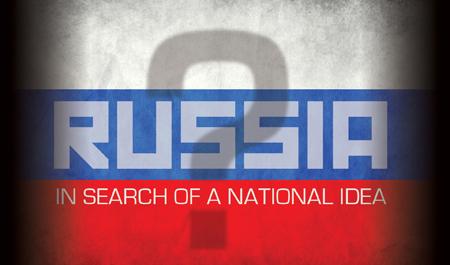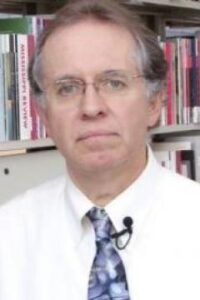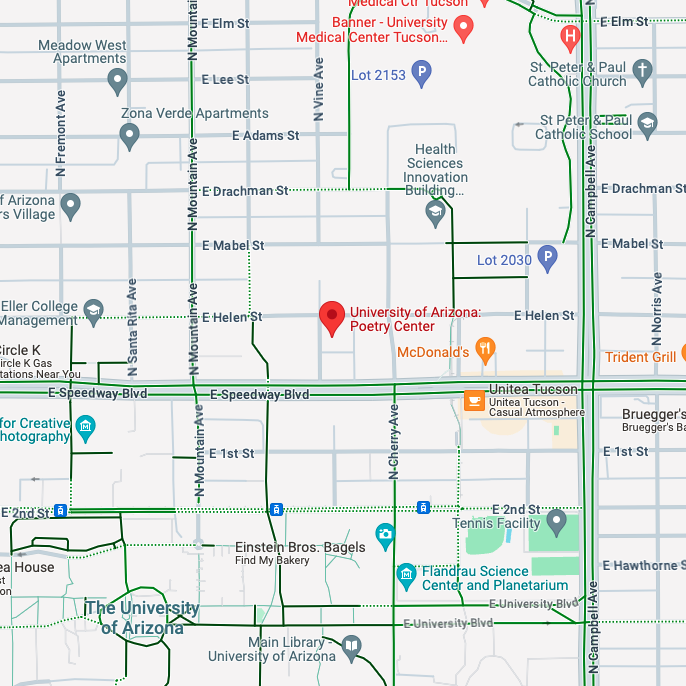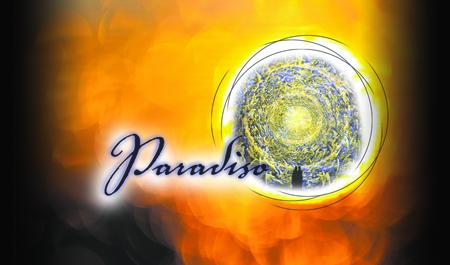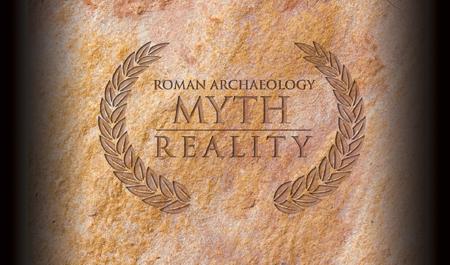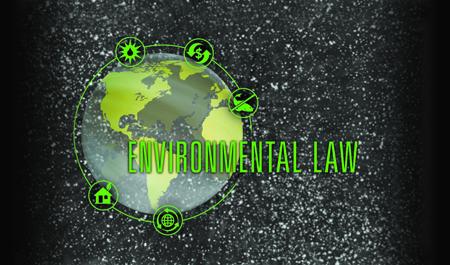Contemporary Russia continues to search for a post-Soviet national identity: what Russians refer to as their country’s “national idea.” The return to the presidency of Vladimir Putin signifies that the country’s most historically significant leader since Stalin reassumes the decisive role as Russia continues to wrestle with its identity, sociopolitical goals, and position in the world community. We focus on political system and institution building, elites, and socioeconomic change as we consider an emergent 21st -century Russian “national idea.” The core concept of the “Russian soul” helps us focus on a new identity.
Contemporary Russia exhibits continuing revitalization and normalization, and we analyze these as we consider the priorities of the governing team and the preferences of the broader society. Our group efforts to understand Russia’s evolution include not only political-institutional factors but fundamental cultural-historical elements. Our judgments about a 21st -century national identity are set against the over 1,000-year history and experience of a sovereign Russia.

